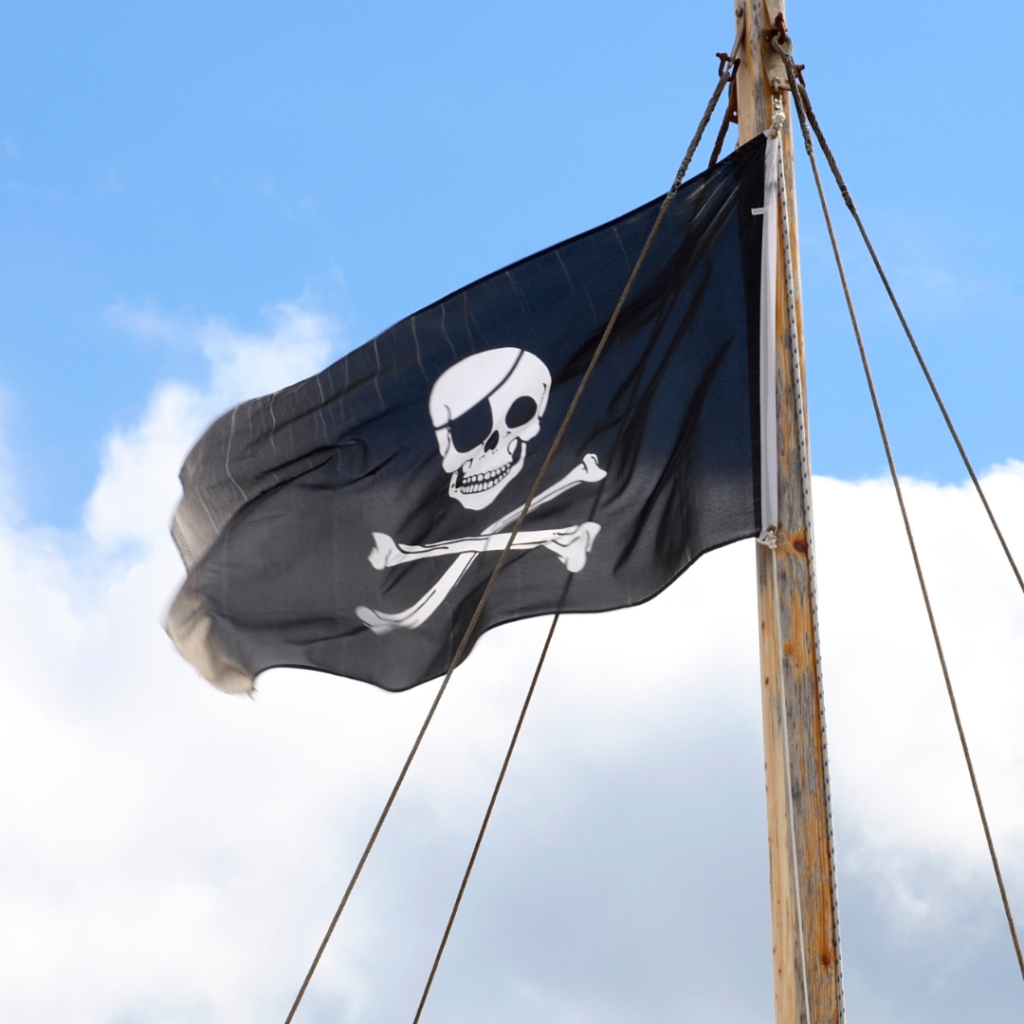

The Need for Investigation on the Adequacy of Seafarers' Ratings Salary: Can it Keep Pace with Rising Commodities, Training Expenses, and the Dangers of Piracy?
By: Rogelio Arcega Jr. M.M.
Seafarers, who navigate the world’s oceans, face numerous challenges in their profession. Not only do they have to contend with rising costs of commodities and training expenses, but they also encounter the constant threat of piracy. This investigative article aims to delve into the adequacy of seafarers’ ratings salaries, considering the impact of these multiple factors on their financial well-being and safety.
The Cost of Commodities and Training Expenses:
Seafarers’ ratings salaries must be sufficient to cover the increasing costs of everyday goods and essential commodities. As the global economy fluctuates, the prices of goods continue to rise, affecting seafarers’ purchasing power. Additionally, the extensive training required to become a seafarer incurs significant expenses, including tuition fees, accommodation, and transportation costs. It is crucial to investigate whether seafarers’ ratings salaries adequately compensate for these rising expenses.

The Dangers of Piracy:
Piracy remains a significant threat to seafarers, particularly in regions known for such activities. Piratical attacks can result in the loss of cargo, damage to vessels, and, most importantly, endanger the lives of seafarers. The risks associated with piracy have a profound psychological impact on seafarers, leading to heightened stress levels and concerns for personal safety. This investigation aims to assess whether seafarers’ ratings salaries account for the added risks and dangers they face in their line of work.

Factors Influencing Seafarers’ Salaries and Safety Measures:
To determine the adequacy of seafarers’ ratings salaries, it is vital to consider various factors that influence their renumeration. These factors include vessel type, rank, experience, company policies, and the prevailing market conditions. Additionally, the implementation of safety measures, such as onboard security personnel, training programs and secure routes, is crucial in protecting seafarers from piracy threats. This investigation will explore whether these factors adequately address the financial and safety concerns of seafarers.

Industry Practices and Regulations:
The maritime industry operates under international and national regulations to ensure the well-being and safety of seafarers. Investigating whether these regulations effectively address the financial concerns of seafarers and provide them with a reasonable standard of living and protection against piracy is paramount. This article will examine the existing practices and regulations in the industry and evaluate their effectiveness in safeguarding seafarers’ interests.
The investigation into whether seafarers’ ratings salaries can keep pace with rising commodities, training expenses, and the danger of piracy is crucial for understanding the financial sustainability and safety of this profession. By examining the factors influencing seafarers’ salaries, industry practices, and the impact of piracy risks, we can gain valuable insights into the adequacy of their renumeration and the measures in place to ensure their safety.

The findings of this investigation will contribute to the ongoing discussions surrounding fair compensation for seafarers, the development of effective safety protocols, and the overall well-being of those working in the maritime industry.
– RAJ
Make your life worthwhile, and to the world before you. BE RELEVANT!
Quick Links
©2023. All Rights Reserved
